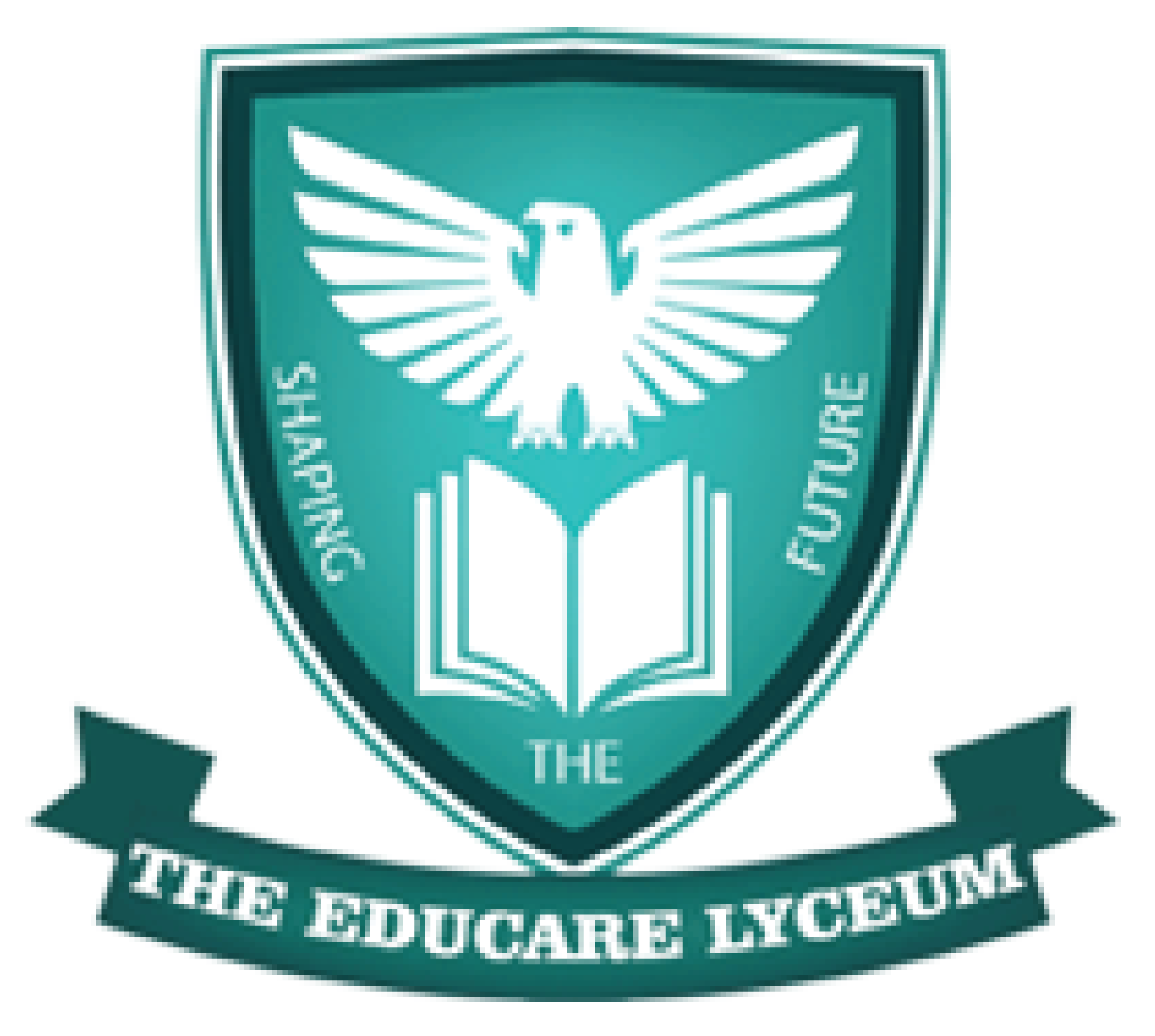The matriculation or high school syllabus represents a culmination of a student’s pre-collegiate education, typically spanning grades 9 to 10. This phase is marked by increased academic specialization and the opportunity for students to choose elective courses aligned with their interests and future career goals.
In the matric school syllabus, core subjects such as mathematics, language arts, science, and social studies are taught at more advanced levels, preparing students for standardized exams and college admissions. There is a greater emphasis on critical thinking, independent research, and essay writing, fostering the development of analytical skills necessary for higher education.
Elective courses in areas like the arts, vocational studies, or advanced sciences allow students to tailor their education, exploring subjects that align with their passions or career aspirations. Advanced Placement (AP) or International Baccalaureate (IB) programs may be offered, providing students with the opportunity to earn college credits and engage in more challenging coursework.
Moreover, the matric school syllabus addresses important life skills, such as financial literacy, civic education, and career planning, preparing students for the challenges they will face beyond the classroom. Physical education remains a component, promoting a healthy lifestyle and team-building.
In essence, the matric school syllabus is designed not only to impart knowledge but also to equip students with the critical skills and diverse experiences necessary for success in higher education and the broader spectrum of life.
